Remember when life moved at a slower pace and everything required a bit more effort?
Before smartphones and social media took over our daily routines, people lived in a world where patience was normal and instant answers didn’t exist.
Growing up without the internet meant developing different skills and experiencing moments that today’s generation might find strange or outdated.
For those who lived through it, these memories bring back a special kind of nostalgia that only makes sense if you were there.
Using Paper Maps to Navigate
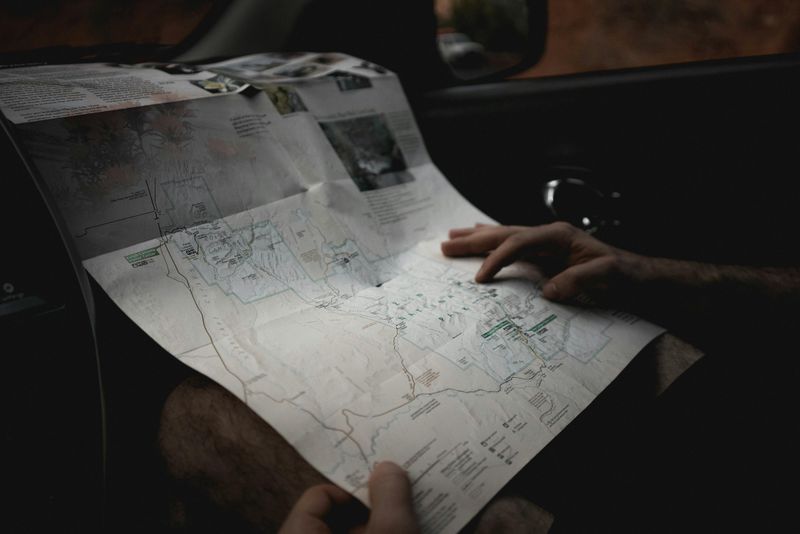
Folding and unfolding a giant paper map in the car was practically an art form. Your parents would pull over at gas stations to ask for directions, and someone in the passenger seat had the important job of being the navigator. Getting lost was part of the adventure, not a reason to panic.
Reading those colorful highways and tiny town names taught you spatial awareness that GPS just can’t replicate. You learned to pay attention to landmarks, street names, and your surroundings. Road trips felt more like explorations when you had to actively track your progress on paper instead of mindlessly following a robotic voice.
Waiting by the Phone for Important Calls
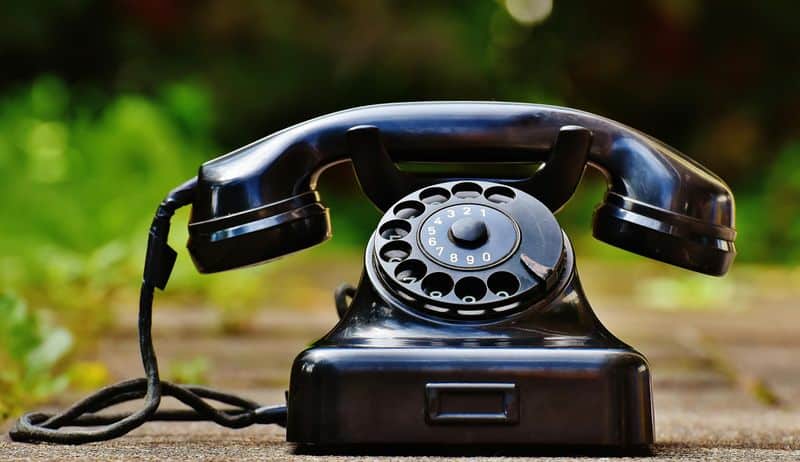
When someone said they’d call you at seven o’clock, you literally sat by the phone starting at 6:45. Missing a call meant missing out completely because there was no voicemail, or if there was, people didn’t always leave messages. You couldn’t wander far from home if you were expecting that important conversation.
Sharing one family phone line meant negotiating time with siblings and parents. If someone else picked up the extension while you were talking, your private conversation suddenly wasn’t so private anymore. The anticipation of waiting for that ring made every call feel more meaningful and special than today’s endless text threads.
Recording Songs Off the Radio
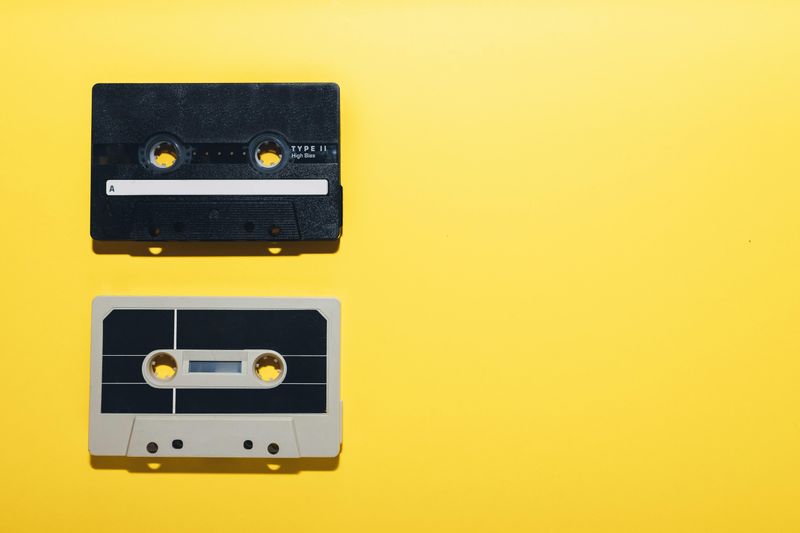
You’d sit with your finger hovering over the record button, waiting for your favorite song to play. The goal was to press it at exactly the right moment and stop before the DJ started talking over the ending. Sometimes you’d wait hours just to capture one perfect recording.
Creating the ultimate mixtape was a labor of love that required patience and perfect timing. You’d end up with collections of songs that had radio station jingles or announcements at the beginning. Building a music library meant dedication, not just clicking a download button, which made each tape feel like a personal treasure you actually worked for.
Looking Up Information in Encyclopedias

Did you know? Families would buy entire encyclopedia sets that cost hundreds of dollars and took up a whole bookshelf. When you needed to research something for homework, you’d pull out the heavy volume with the right letter and flip through pages of tiny text. There was something satisfying about physically finding the information yourself.
Libraries became your best friend during research projects because that’s where the good reference books lived. You’d spend hours reading through materials, taking handwritten notes, and photocopying important pages. Learning required effort and time, which somehow made the knowledge stick better in your memory than quickly scanning a website today.
Developing Film to See Your Photos
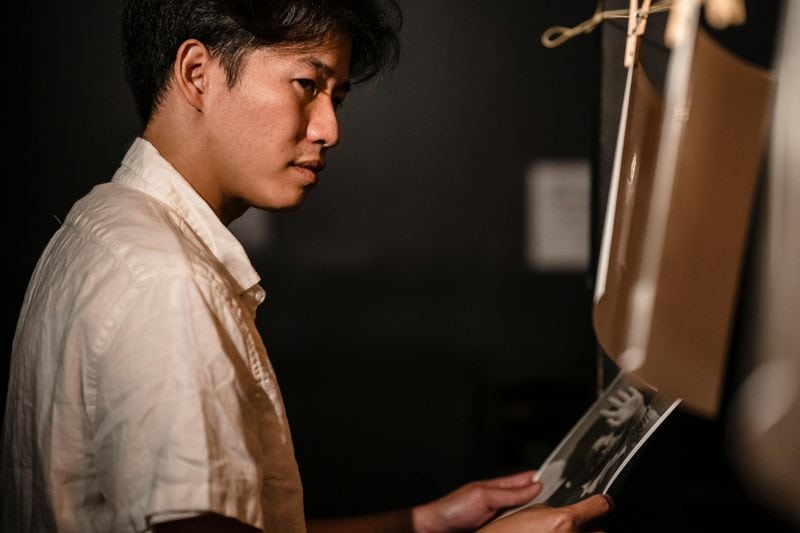
Taking pictures meant you had exactly 24 or 36 shots before the roll was full. You’d drop off your film at the store and wait days or even a week to see how your photos turned out. Opening that envelope of prints was like Christmas morning because you’d forgotten half of what you photographed.
Bad photos, blurry shots, and pictures with your thumb in the corner were permanent parts of your collection. You couldn’t delete anything or take fifty versions of the same selfie. Every photo felt more precious because you had limited chances to capture a moment, making you think carefully before pressing that shutter button.
Watching TV Shows on a Schedule

Must-see TV actually meant something because if you missed your show, it was gone until reruns came around. You’d plan your entire evening around when your favorite program aired, and everyone talked about the same episodes the next day. There was no pausing, no rewinding, and definitely no binge-watching entire seasons in one weekend.
Commercials gave you time to run to the bathroom or grab snacks from the kitchen. The TV Guide was essential reading to plan your viewing week, and VCRs were fancy technology that let you record shows if you absolutely couldn’t be home. Shared viewing experiences created cultural moments that brought communities together in ways streaming services just can’t match.
Memorizing Phone Numbers
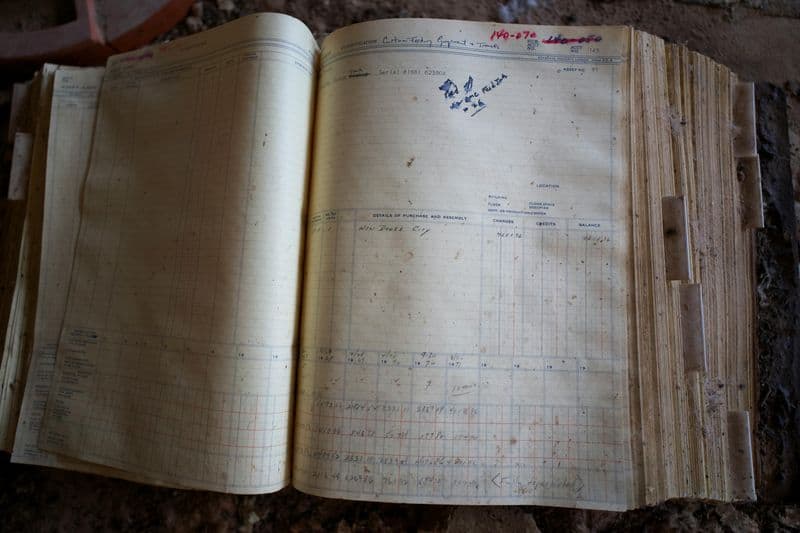
Your brain was basically a phone directory because you had to memorize important numbers. Best friends, parents’ work numbers, and your own home number were permanently stored in your memory. If you forgot a number while out somewhere, you were stuck unless you found a phone book or called directory assistance for help.
Speed dial was revolutionary technology that let you program maybe ten numbers into your phone. Writing numbers on your hand or in a small address book was completely normal. Today, most people don’t even know their own family members’ numbers because phones remember everything, but back then, your memory was the only storage system you had.
Playing Outside Until the Streetlights Came On

Summer days meant disappearing after breakfast and not coming home until dinner. Your parents couldn’t text or track your location, so the streetlights served as the universal signal that it was time to head home. You’d play kickball, ride bikes, or explore the neighborhood with friends until that golden hour arrived.
Freedom felt different when nobody could reach you every single minute. You’d knock on friends’ doors to see if they could play rather than sending a quick message. Getting dirty, scraping your knees, and creating adventures without adult supervision taught independence and problem-solving skills that are harder to develop when you’re always connected to parents through a device.
Writing Letters and Waiting for Replies
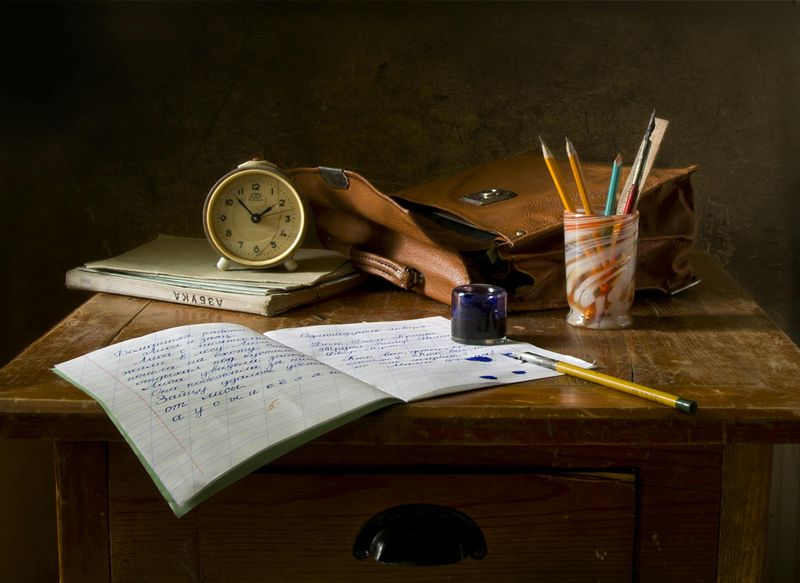
Pen pals were real friendships built entirely through handwritten letters that took weeks to arrive. You’d carefully choose your stationery, write about your life, and decorate the envelope before mailing it off. Then came the waiting period, checking the mailbox daily with hope that a response had arrived.
Communication felt more thoughtful when you had to sit down and compose your thoughts on paper. There were no quick corrections or emojis, just your handwriting and words flowing from your pen. The anticipation of receiving mail made correspondence feel special and important, creating a slower rhythm of connection that actually deepened friendships despite the distance and delay between messages.
Carrying Quarters for Pay Phones
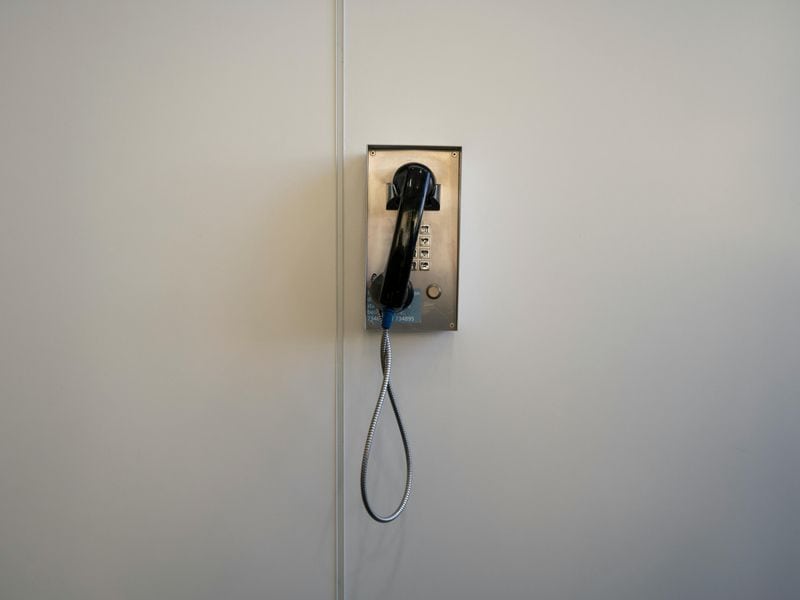
Leaving the house meant stuffing your pockets with quarters in case you needed to make a call. Pay phones were everywhere—outside stores, at gas stations, in mall corridors—and they were your only lifeline to home if plans changed. Calling collect was a special skill where you’d say your name really fast so the person knew to pick you up without accepting the charges.
Running out of change mid-conversation was a real disaster that could end important calls abruptly. You’d memorize which pay phones worked best and which ones ate your quarters without connecting. This simple system taught you to plan ahead and communicate efficiently since every minute cost money.

